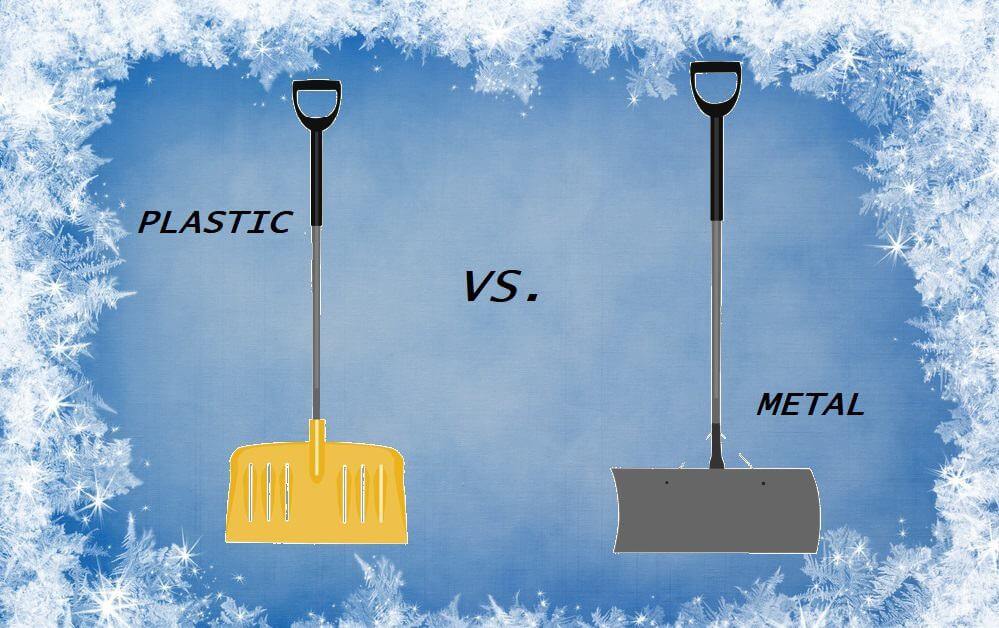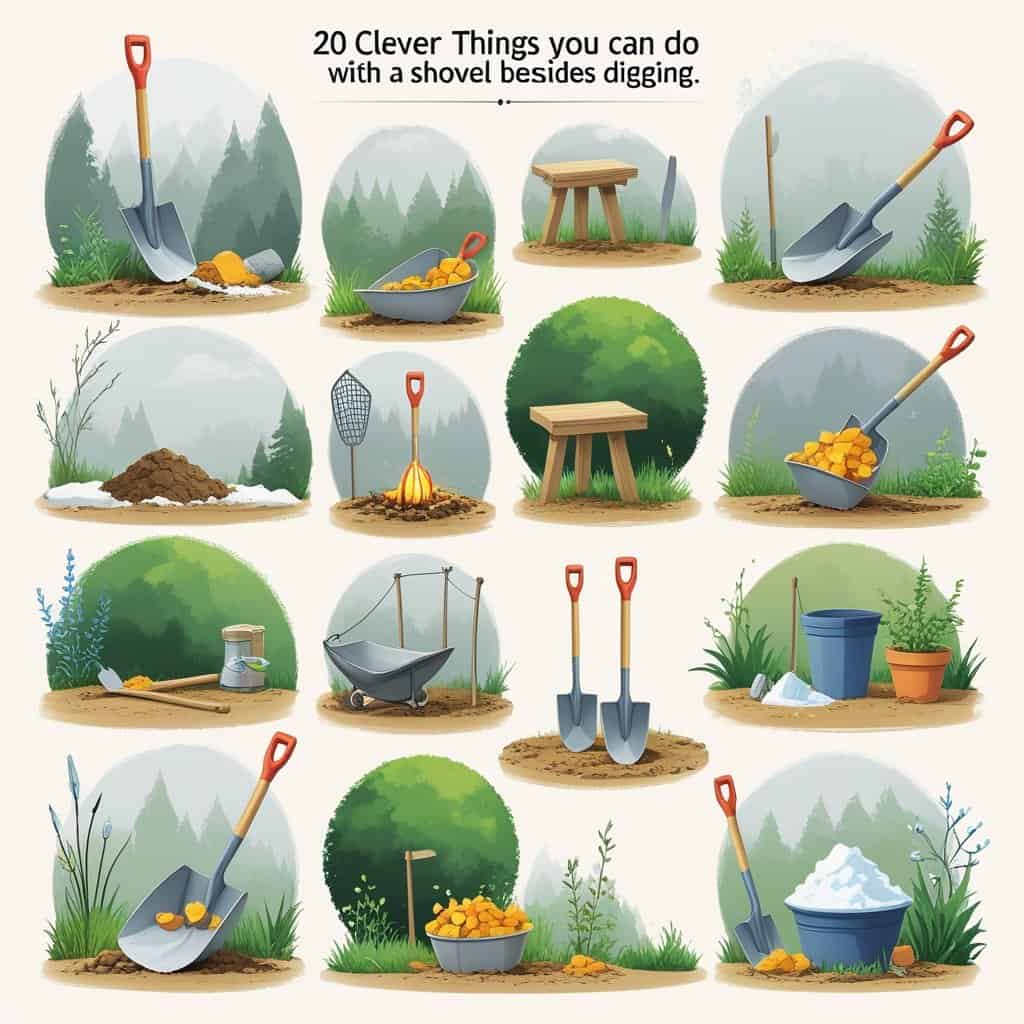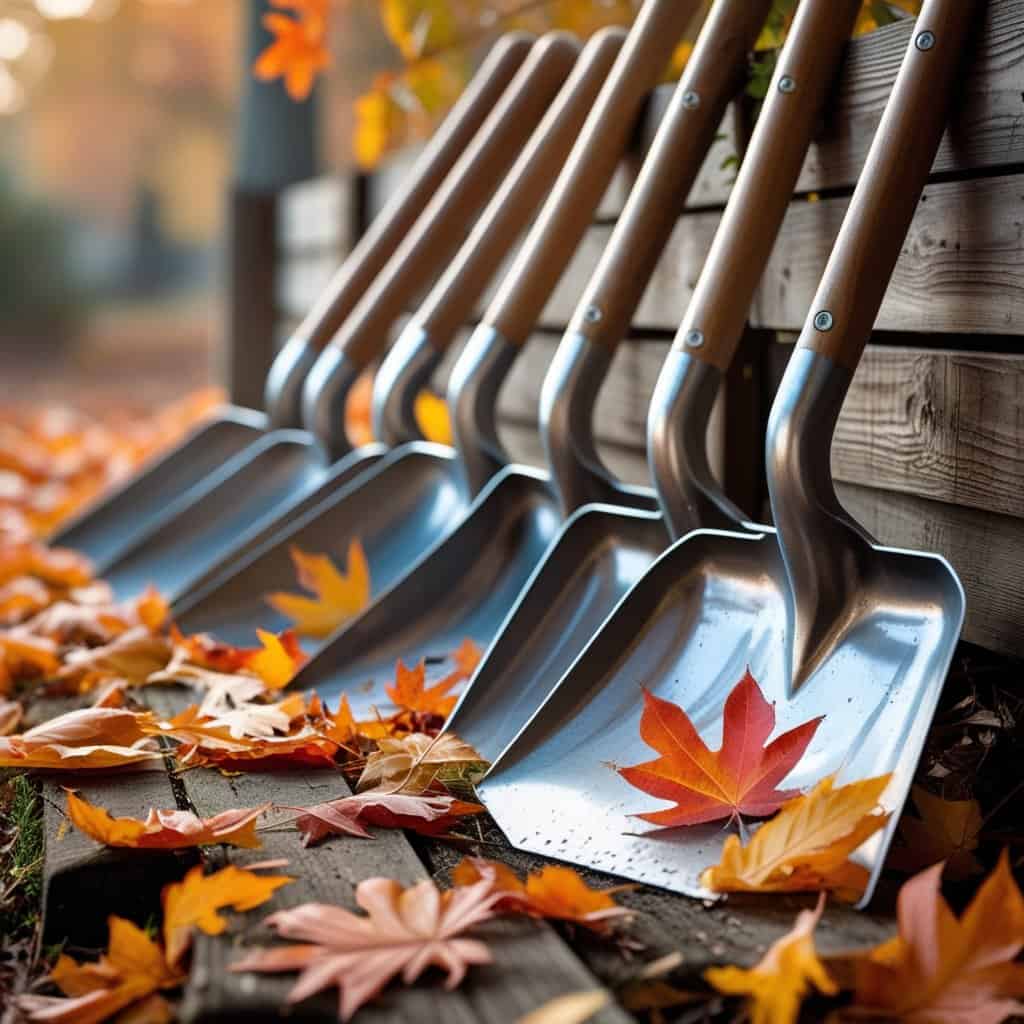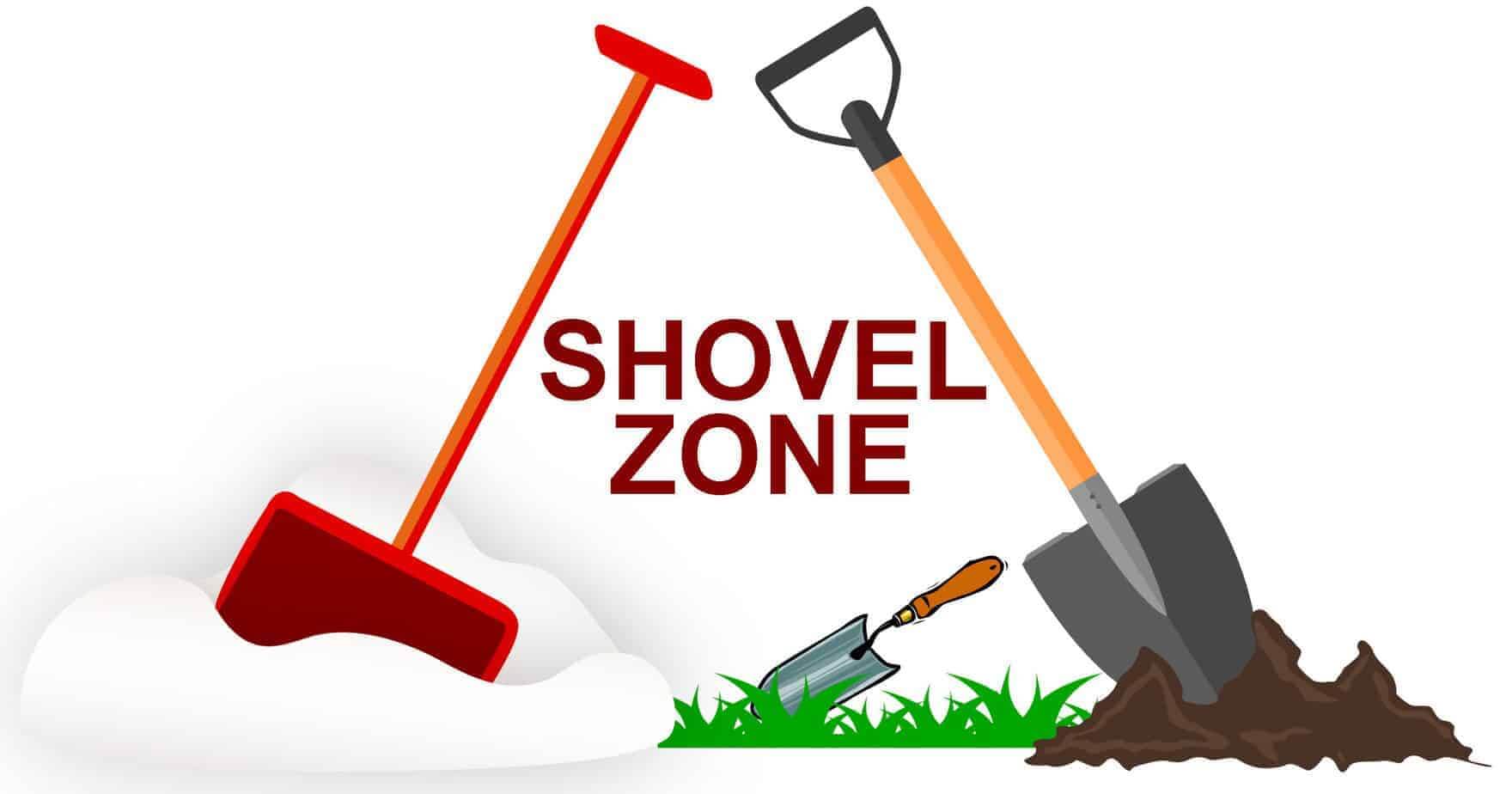Welcome to Shovel Zone
Whether clearing the snow, digging a trench, working the soil in the garden, building a sand castle at the beach, hiking or getting your vehicle unstuck, a shovel is a necessity. Find the information you need on a variety of shovels.
Featured Guides

Metal Vs. Plastic Snow Shovel – The Winner Is
There is one clear winner when looking at a Metal Vs. Plastic Snow Shovel.

History of the Shovel
A historical perspective of one of the most essential tools in human history, the shovel.
Latest Guides

Famous People Who Collected Shovels
Few people think of shovels as collectible items, yet some well-known figures have been drawn to their history and craftsmanship. From antique digging tools to ornate ceremonial pieces, the stories behind these collections reveal how everyday objects can carry deep…

The Psychology of Digging: Why Humans Love Shovels Explained
There’s something oddly satisfying about pushing a shovel into the ground. Whether we’re planting a garden, starting a project, or just moving dirt, the act feels grounding and purposeful.

What Your Favorite Shovel Says About You
The shovel you reach for can reflect your habits, mindset, and how you deal with life’s bumps in the road. That’s the idea behind the what your favorite shovel says about you—it links simple preferences to deeper personal traits.

20 Clever Things You Can Do with a Shovel (Besides Digging)
A shovel may seem like a simple tool, but it can do far more than move dirt. With a little imagination, this everyday item becomes a versatile piece of equipment with uses that go well beyond digging. Here are 20…

The Best Shovels for Fall Leaf Cleanup
When fall leaves pile up across the yard, a shovel can be just as useful as a rake or blower. The best shovels for fall leaf cleanup make it easier to scoop, lift, and move large piles quickly without straining…

Shovel-Inspired Home Décor Ideas: Creative Ways to Style Your Space
Transform old or decorative shovels into unique wall art, seasonal displays, and even outdoor features that add personality to our homes.
